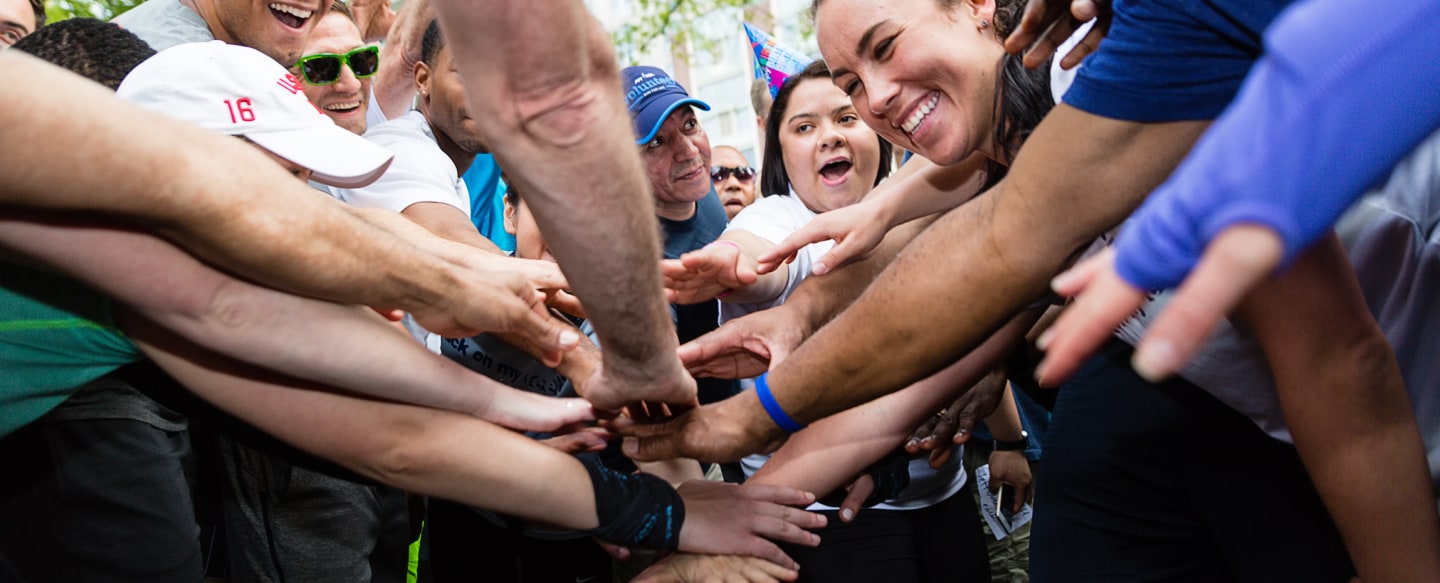Two thousand fifteen was a brutal year for race relations at the University of Missouri in the town of Columbia. Campus unrest had already begun a year earlier with the shooting death of Michael Brown, an 18-year-old African-American, by a white police officer in Ferguson, Missouri. Now there were rallies, campus sit-ins, and a hunger strike. The NCAA Division 1 University of Missouri football team refused to compete — a decision supported by the team’s coach— until the school president, under fire for inaction on race issues, resigned.
University officials, realizing that students of different backgrounds and identities had holed up in ideological silos, approached black studies department chair Stephanie Shonekan to design a program for the 2016 school year that would encourage students to open themselves to views different from their own, and send a message that bigotry and racism would not be tolerated. She created a mandatory, one-credit course for incoming freshmen, calling it Citizenship@Mizzou.
Shonekan, an ethnomusicologist, believed that the best way to lure students out of their safe zones and make all feel welcome was through music. “I refused to use those self-help books,” she says. “I knew if we uttered the words ‘privilege’ or ‘microaggression’ we would lose half the audience. Music breaks the ice.”
She chose two musical genres to show students that they could find surprising paths to mutual understanding. “Soul music and folk/country music both have a lot to say about politics, religion, and identity in America.”
To illustrate, she used Bob Dylan’s 1963 folk lament, “Blowin’ in the Wind,” a song that asks “how many roads must a man walk down before you call him a man?” It so happened that Stevie Wonder recorded the song in 1966, but with an R&B vibe. Shonekan asked the class: How do these two versions feel different? How do they feel the same? “When you turn music on, students’ suspicions, attitudes, their hesitations to deal with difficult issues, begin to ease,” she says. “Who doesn’t like Bob Dylan?” she asks. “Who doesn’t like Stevie Wonder?” Or other artists whose music Shonekan has played, like Johnny Cash and James Brown.
She also encouraged students themselves to perform for the class. “I had one girl who sang country, one who sang gospel, says Shonekan. “Kids in the auditorium could look up and see music being played by people like themselves. There were some students who said they were not happy at all attending a mandatory session, but they saw the musicians who were able to play and talk about their experiences on campus as well as their expectations at Mizzou. Arms that were folded and faces that were angry just relaxed.
In 2017, “Citizenship@Mizzou” drew the attention of Adam Seagrave, a University of Missouri professor of political science whose interests lie in history and political thought. He suggested to Shonekan that her program include readings of original, early American source material like the Declaration of Independence with its discussion of natural rights, as well as writings about race from key historical figures like Sojourner Truth, Ida Wells, and Martin Luther King, Jr.
A course blending music and scholarship debuted in 2018 titled “Race and the American Story,” co-directed by the two professors. Seagrave’s hope was “to refocus students away from contemporary issues, at least momentarily, and get them to examine actual history. When they read the words of Frederick Douglass or Abraham Lincoln, they don’t see them as hot button topics of today. They focus on the issues and arguments. They can talk about them in a healthy and productive way as opposed to arguing about something someone just said on Twitter.”
Today, the full-semester, elective program, open to all classes, is offered not only at the University of Missouri but at Arizona State University where Seagrave is now Associate Director of the School of Civic and Economic Thought and Leadership, and at the University of Massachusetts at Amherst where Shonekan has taken over as Professor and Chair of the W.E.B. Du Bois Department of Afro-American Studies. Among the three campuses, 200 students have taken the course. The founding professors hope to introduce Race and the American Story at more colleges and continue refining the syllabus with the addition of more academic disciplines such as economics, psychology, women and gender studies, and other fields in the humanities and social sciences.
The success of any new academic program is likely to be imprecise, especially one that seeks to engage students emotionally. Still, the program founders were pleased with the results of students’ anonymous feedback surveys, where the curriculum rated 4.6 out of a possible 5.0 best score. “We were pleasantly surprised,” says Seagrave. “The level of enthusiasm was high, and many kids said the course was eye-opening and valuable despite coming into it not knowing what to expect.”
An Arizona State University junior headed for a future in government or public relations took the course this year. He says, “Sure, there were some disagreements but that’s just the nature of the course. We talked them out.” He adds that music was a leveling element. “We each had to put together an annotated playlist of music that talks about race, then analyze each one. It really made you think.”
“I’m Indian-American so at first it was strange being in a class devoted mainly to black and white relations,” says a sophomore interested in entering local Arizona politics after graduation. “I was in a unique middle position with regard to race. I understood how the majority of Caucasians felt but also how members of the African-American community felt as well. We were all very open.”
If there is one thing faculty and students agree on it is that, in Shonekan’s words, “Kids don’t like being preached to.” She insists that it is important when talking about the future to respect the students’ pasts. “All of them arrive from towns and homes and world views that have been embedded in their psyches. So when they come here they bring that with them. I have to remind myself all the time that none of these kids were born on this campus.”
The “Race and the American Story” program is supported by a grant from the Charles Koch Foundation.











